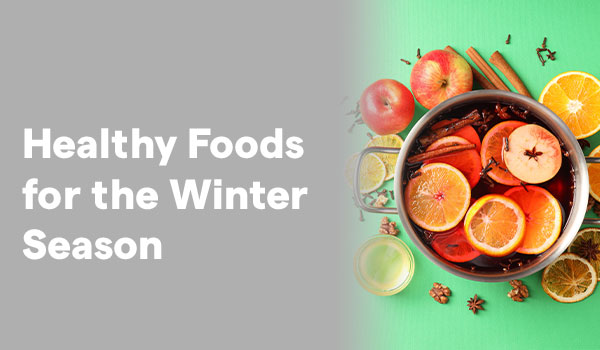
According to the National Institute of Nutrition (NIN), a diet that emphasizes seasonal and regional foods is vital for maintaining health and well-being. Including nutrient-dense foods during winter can boost immunity, keep the body warm, and replenish energy levels. Below are key food options to include in your winter diet, backed by NIN principles:
Jaggery, a natural sweetener, is rich in iron and antioxidants like zinc and selenium. NIN emphasizes the importance of iron-rich foods to prevent anaemia, especially in women and children. Jaggery aids digestion, generates body heat, and helps combat joint pain and fatigue.
NIN highlights the need for adequate fats in the diet, and ghee, a traditional Indian clarified butter, is a healthy fat option. It improves immunity, promotes detoxification, and supports the absorption of fat-soluble vitamins like A, D, E, and K.
Non-vegetarian options like eggs, chicken, and fish provide high-quality proteins essential for repairing tissues and strengthening immunity. For vegetarians, pulses, legumes, and paneer are excellent substitutes. NIN recommends a mix of animal and plant-based proteins to ensure adequate nutrient intake.
Ginger, known for its anti-inflammatory properties, is a winter staple that aids in fighting colds and flu. As per NIN, ginger also helps improve digestion and metabolism, making it a must-have for effective weight management during the winter season.
Dry fruits like almonds, walnuts, and raisins are rich in healthy fats, fiber, and micronutrients. NIN suggests consuming a handful daily to enhance energy levels and improve skin health, particularly in the dry winter months.
Dates are an energy-dense food that provides natural sugars, fibre, and essential minerals like potassium and magnesium. These nutrients are crucial for maintaining warmth and preventing fatigue, as highlighted in NIN guidelines.
Vegetables like spinach, mustard greens, and fenugreek are rich in folic acid, vitamin C, and iron. According to NIN and the best nutrition hospital in Delhi these nutrients are vital for boosting immunity and preventing anaemia. Incorporating these low-calorie, high-fiber vegetables aids in detoxification and weight management.
Peanuts, a cost-effective protein source, are rich in healthy fats, vitamin E, and magnesium. NIN emphasizes its role in maintaining cardiovascular health, muscle repair, and energy levels.
Sesame seeds are a powerhouse of calcium, zinc, and antioxidants. NIN suggests their inclusion for promoting bone health and reducing inflammation. Traditional til laddoos and chikki are popular winter treats that combine nutrition with taste.
Saffron is a spice known for its warming properties and antioxidant content. It helps combat respiratory issues and boosts mood, aligning with NIN’s recommendation to include herbs and spices in the diet for their therapeutic benefits.
Including these foods in your winter diet will keep you warm, energized, and illness-free throughout the season. For personalized dietary guidance, consult the expert dietitians at Sir Ganga Ram Hospital. Book your appointment today for a winter diet tailored to your expectations and requirements.